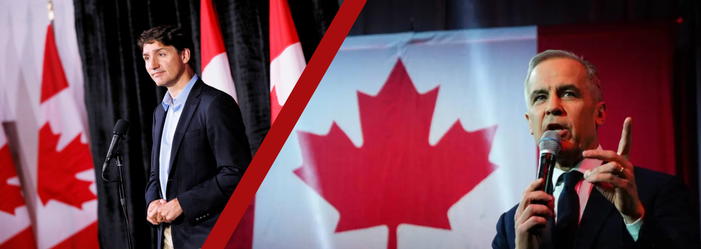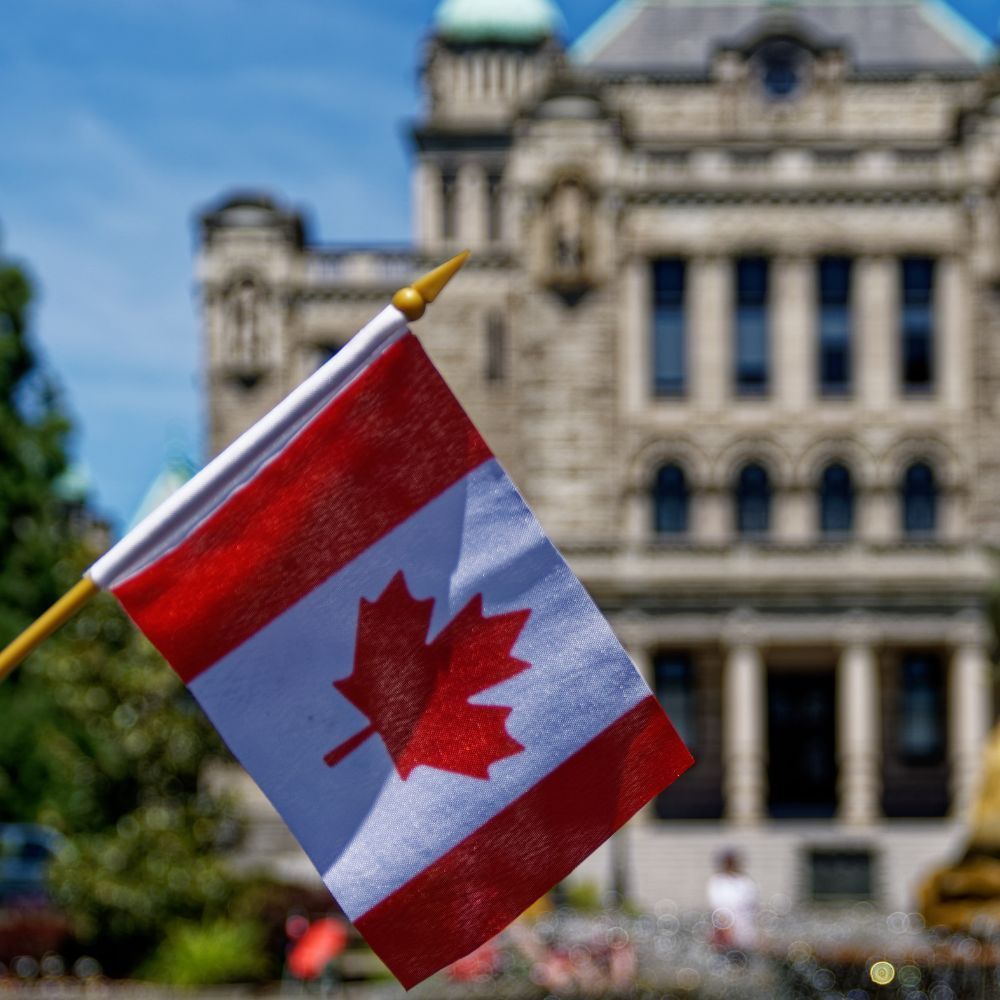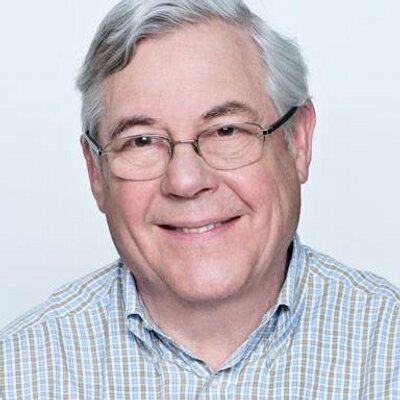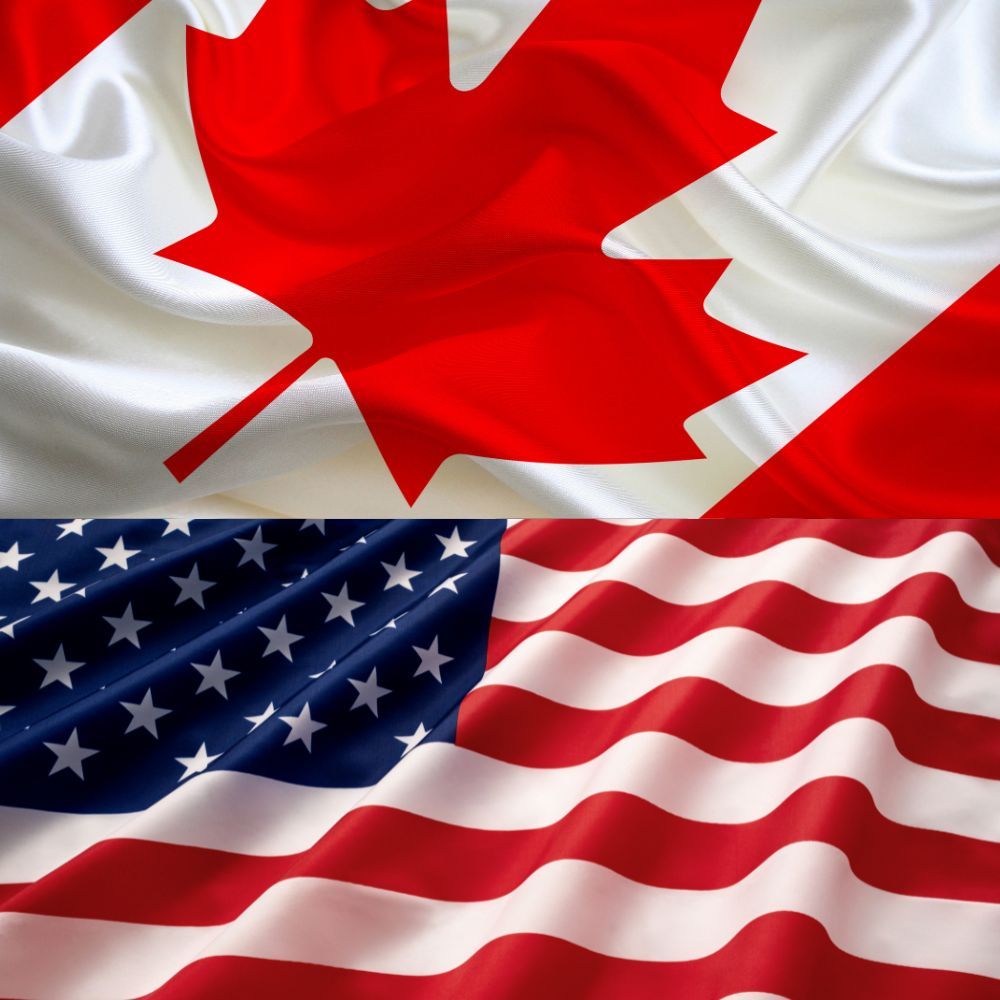Two Speeches - Carney Replaces Trudeau, Who Sets Stage for US battle
Two speeches, barely a week apart, show a contrast in impact between the outgoing and incoming PM. Mark Carney’s lackluster acceptance speech, following his landslide victory in the Liberal leadership race, contrasts with probably one of the best speeches
Justin Trudeau has ever given.

This is how Justin Trudeau opened his memorable agenda-setting speech against tariffs the day after they were imposed: “Today the
United States launched a trade war against Canada, their closest partner and ally, their closest friend. At the same time, they're talking about working positively with Russia. Appeasing Vladimir Putin, a lying, murderous dictator. Make that make sense.”
This was his last important speech as Prime Minister. It was televised live on Canadian and many US channels. It was a barnburner and harked back to the days when he spoke with authority and heart. It proved he could still rise to the occasion – this time a real threat posed by Trump on our very sovereignty. It set the tone for a whole country already rallying with a level of patriotic fervour not seen since the last war. This fervour and fighting spirit was captured in lines that followed: “Canadians are reasonable and we are polite but we will not back down from a fight — not when our country and the well-being of everyone in it is at stake.”
He then addressed Americans directly: “They've chosen to launch a trade war that will first and foremost harm American families..“ And then proceeded to demolish with facts the alleged reason for the tariffs – the insecurity of the Canada-US border against the
flow of fentanyl and illegal immigrants. Then the most requoted line in the speech: “Now, it's not in my habit to agree with the Wall Street Journal, but Donald, they point out that even though you're a very smart guy, this is a very dumb thing to do.” He used “Donald” twice in the speech, a familiarity in response to Trump insulting him as Governor endlessly saying he wanted Canada to become the 51st state. Trudeau had earlier
warned that Trump was using the border issue as a “pretext” and that his real intention was to use “economic warfare” to weaken
the country and that his 51st state threat was real. This revelation fired up Canadian patriotism.
Trudeau has skillfully redrawn and expanded a US threat which now appears to have permanently altered our US relations. He has set a high bar for coming to terms with Trump’s tariffs. He stated Canada’s own wide tariff response will remain in effect until all US tariffs have been withdrawn. This very uncompromising approach was followed by Trudeau’s successor. By contrast Carney in his acceptance speech did not name Trump. He calmly repeated the strategy launched by Trudeau: “My government will keep our tariffs on until the Americans show us respect.”
Since Trump has no bones about his dislike of Trudeau, there is hope that a different interlocutor might have greater success dealing with his unpredictability. However, if Pierre Polievre wins the federal election, he staked his position saying: “Trump stabbed America’s best friend in the back.” Trump has complained that Poilievre is not MAGA enough. He has had nothing to say about the incoming PM, Mark Carney, and it would
appear that Carney has no interest in alienating him. Ironically, it turns out that the script for the ongoing battle has been written by the unpopular outgoing leader. Whatever, Justin Trudeau’s speech marks an almost heroic moment. Carney in his speech emphasized he is a practical man, focused on making Canada strong - a campaign slogan. “It’s not about money it’s about people” he said in an attempt to humanize his message. He saved the strongest language in a fairly routine speech for his rival in what is expected to be an early election. This is the very strong language he used in characterizing Poliviere: “A person who worships at the altar of Donald Trump will kneel before him, not stand up to him.” His acceptance speech could, like Trudeau's, have set a bold agenda for the fight with Trump and a Canadian economy he hopes to make the envy of the world. It did not. Nor did it make the obvious appeal to Canadians to “fasten your seat belts, it’s going to be a rough ride”.
The pumped-up partisan crowd of Liberals applauded his mostly calmly delivered lines. In a rare moment, he almost shouted: “Who is ready to stand up for Canada?” It got a roaring response. I feel his victory was more about the resume than the man, a background that said “you can trust me.” It remains to be seen if he catches on with the wider public and whether Trump will treat him as a credible and persuasive adversary. With the
announcement of 50% tariffs on steel and aluminum and threats on our supply-managed dairy industry, he obviously feels he has all the cards. The deadly game continues, and we anxiously await any indication that our new leader may be able to play a winning game. He is certainly better equipped than the sloganeering Poilievre.
Finally, we may yet regret the disappearance of Justin Trudeau, who certainly had a knack for rising to the most challenging occasions, whether a pandemic or a nation-threatening US President.
Patrick Gossage Insider Political Views




